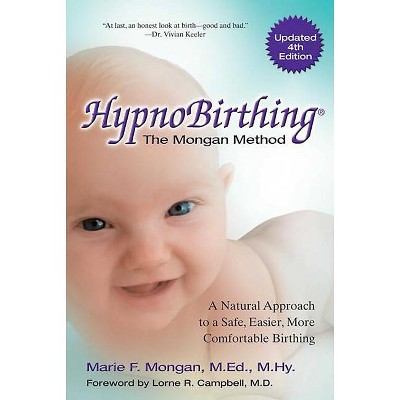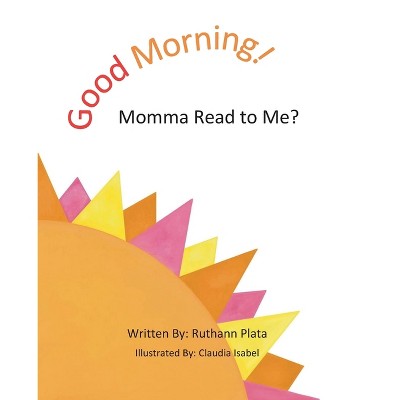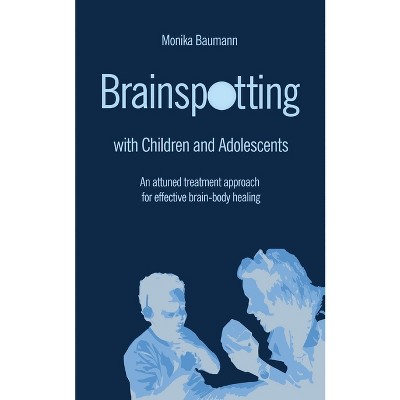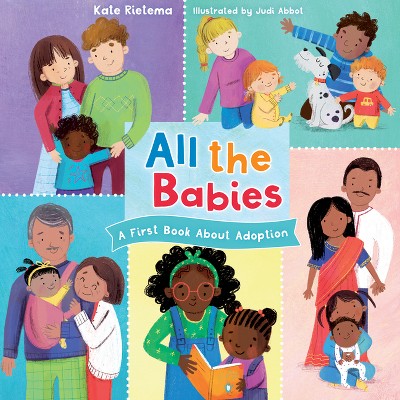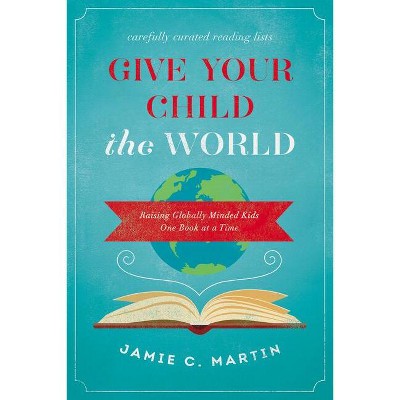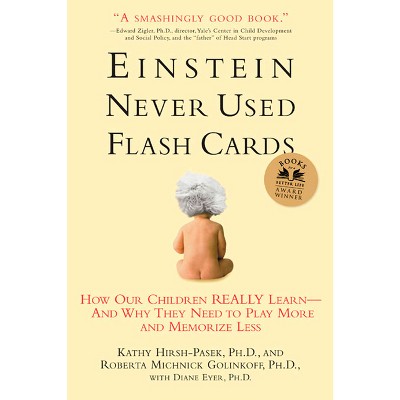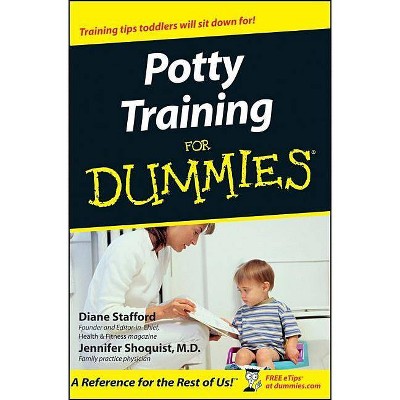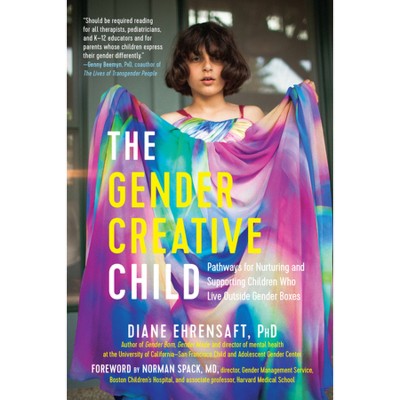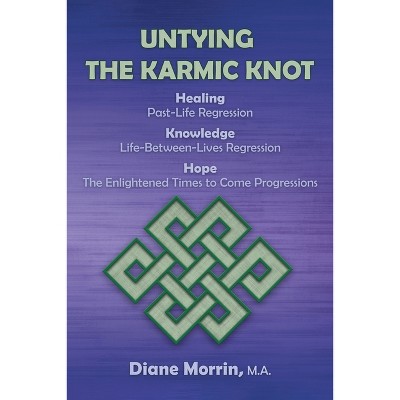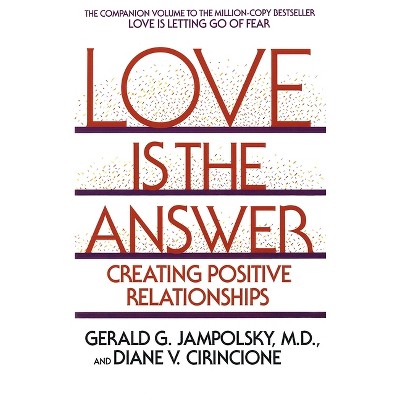Sponsored

The Three Melissas - by Diane Nilan & Diana Bowman (Paperback)
In Stock
Sponsored
About this item
Highlights
- The Three Melissas: The Practical Guide to Surviving Family Homelessness by Diane Nilan and Diana Bowman, two long-time advocates for families experiencing homelessness, is a one-of-a-kind practical guide for dealing with the unrelenting hardships that parents endure while keeping their children safe during homelessness.
- Author(s): Diane Nilan & Diana Bowman
- 194 Pages
- Family + Relationships, Education
Description
About the Book
Wisdom from 3 astute women named Melissa w/ lived homelessness experience! For homeless families & those who help.Book Synopsis
The Three Melissas: The Practical Guide to Surviving Family Homelessness by Diane Nilan and Diana Bowman, two long-time advocates for families experiencing homelessness, is a one-of-a-kind practical guide for dealing with the unrelenting hardships that parents endure while keeping their children safe during homelessness. Featured are three mothers named Melissa who doggedly faced the day-to-day hardships of being homeless. The book offers their tips, strategies, and inspiration for parents who are homeless., and creates a window into the struggles parents face that could help improve supports and services for families who are homeless.
You will experience the Melissas' frustration over facing daily barriers that kept them from becoming stably housed. You will share the emotional toll as they struggled and doubted themselves as parents. You will realize that you never get over homelessness. The Melissas still experience what one of them called "Post-Traumatic Homelessness Disorder." Yet, the Three Melissas offer inspiration and hope to parents. They emphasize do the best you can for your kids and "give yourself a break." They exhort parents to reach out, and keep reaching out, and use their voice to help people understand what they need.
The Melissas also recommend changes in service systems from the perspective of those who sought help and found services inadequate for the real needs of families experiencing homelessness. They address ways that service providers, government, and nonprofits could more effectively help parents and children survive homelessness. Finally, the book offers practical tools, including a tip sheet to help people who host families in their home on how to communicate and set boundaries. Their advice can also guide professionals in support systems to better tailor services so that when families lose their housing, they can move quickly through the devastation of homelessness and attain lasting stability.
Review Quotes
I cannot tell you how much this survival guide is needed! The three Melissas are our experts, and they provide professional tips that those of us in stable housing never take into consideration...this guide really gives the 'professionals' working with this population the ability to walk in all three Melissa's shoes...The guide also provides solid, practical information that really any human can use in their daily lives...it is essential that all schools have this guide available for their families, students, and professionals! It is a powerhouse of essential knowledge.
Dana Malone, MA State Coordinator Education for Homeless Children and Youth Program
This handbook is not only a must-have and necessary resource to assist families navigating homelessness but pushes each of us as individuals and a society to expand the narrative about homelessness by lifting the voices of three mothers and their lived experiences. The Melissas bring focus to homelessness impact on them as women, their children, and their survival and growth through lessons learned.
DeBorah Gilbert White, PhD- author, Beyond Charity: A Sojourner's Reflections on Homelessness, Advocacy, Empowerment and Hope, Director of Education- National Coalition for the Homeless, Washington, D.C.
The Three Melissa's Practical Guide on Surviving Homelessness is an ideal complement to traditional textbooks and research literature, for both undergraduate and graduate courses in social work, public policy, parenting/family relations, education, and psychology. This book provides a unique perspective on family homelessness, based on the lived experiences of mothers who have found ways to nurture and protect their children amidst desperate circumstances and "broken" systems that are meant to support families.
Although their insight is primarily directed to other parents, this book-as an assigned reading in college courses- can educate and inspire future professionals and policymakers to dismantle systemic barriers to equitable housing, employment, and education. I highly recommend incorporating this book into your curriculum.
Mary Haskett, Professor Emeritus, NC State University
Shipping details
Return details
Frequently bought together
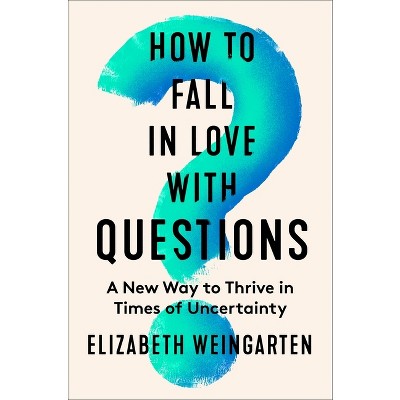
Trending Non-Fiction





